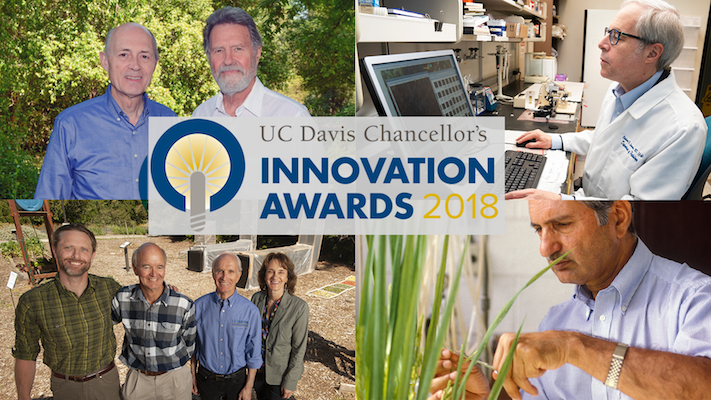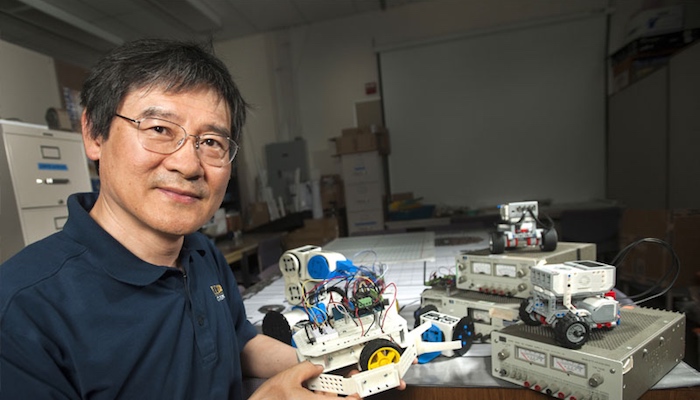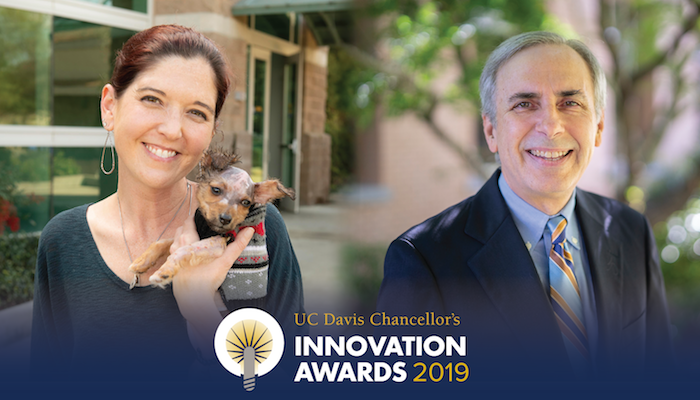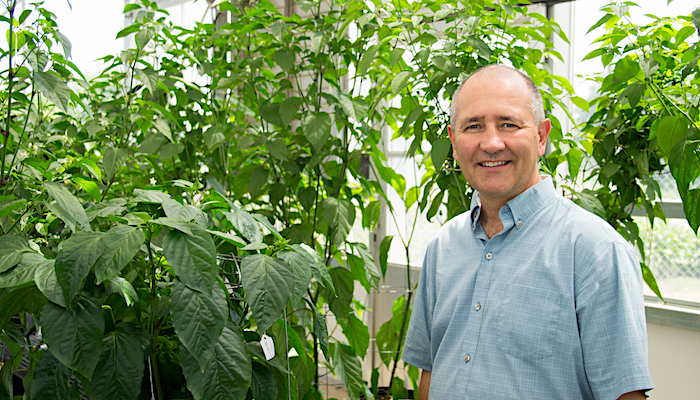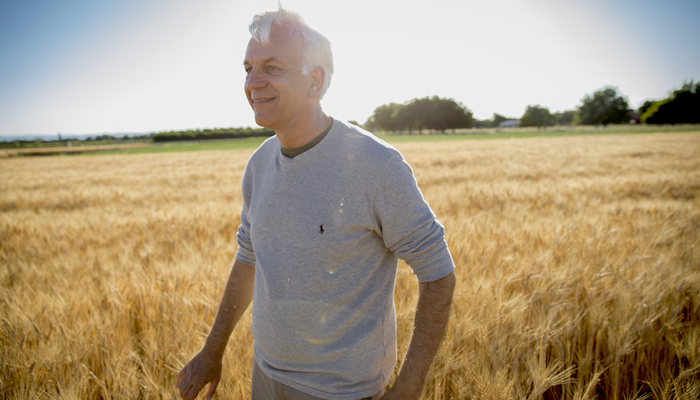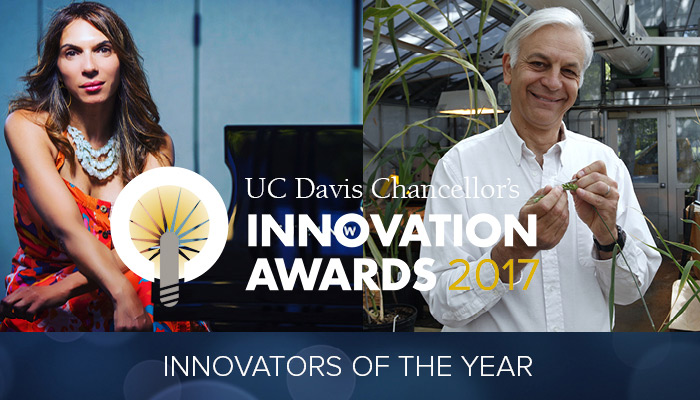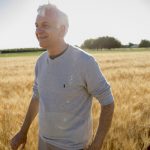America’s Mighty Dream: Pianist/Activist Lara Downes and the Transformative Power of Music
By Lisa Howard
June 8, 2017
Lara Downes grew up in San Francisco, near the beach, in a house with three pianos: two baby grands and an upright. She is the eldest of three intensely musical sisters who all practiced at the same time, taking turns on the different instruments.
“One piano was in the living room, and you did not want that one because mom was always passing through and she could have her eye on you,” said Downes. The basement piano was also unpopular. “We hated it because it was so dark and creepy down there!” Downes’ preferred piano was the one in the spare bedroom, because she could close the door. “I could read a book while I was practicing!”
Her parents were definitely not stage parents, she said, but recognized and nurtured the musical interests of their children. Downes started playing piano when she was 4 and later joined the San Francisco Symphony’s Youth Orchestra and the San Francisco Opera’s Children’s Chorus. She credits that exposure as a very formative musical experience. “It was a window into the real world of professional performance and superstars.”
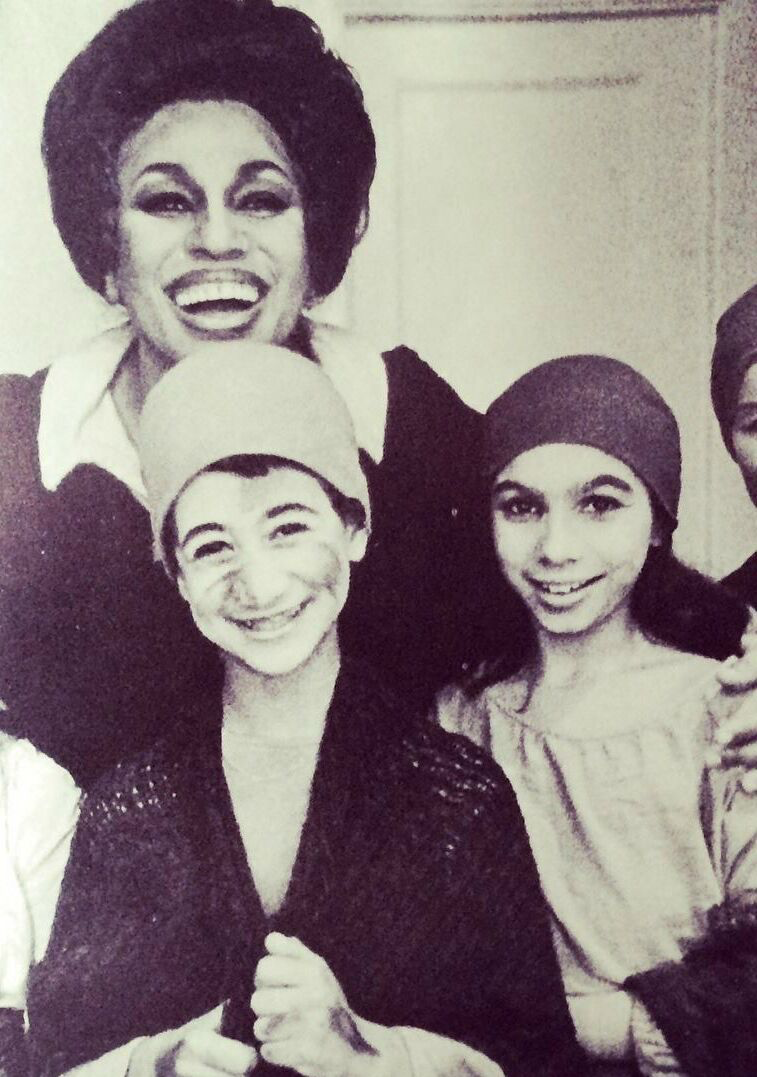
Lara Downes (far right) and her sister Shana with Leontyne Price in 1981. (Credit: Lara Downes)
She met legendary performers like Plácido Domingo and Leontyne Price. “We were classical music nerd kids, so for us, it was kind of like meeting movie stars.”
Downes is artist in residence at the Mondavi Center for the Performing Arts and also mentors the next generation of young musicians as director of the Mondavi Center National Young Artists Program, which provides high-profile mentorship and performance opportunities for the rising stars of the next generation.
Downes’ accomplishments as an international performer and recording artist, writer, broadcaster and educator were recognized when she received the 2017 UC Davis Innovator of the year Award. The award recognizes individual faculty, staff or teams whose inventive, innovative or entrepreneurial activities have had a measurable societal impact or the strong potential to do so.
In October 2016, she released her 10th album, America Again, which was inspired by Langston Hughes’ 1935 poem, “Let America Be America Again,” and what Downes describes as “the long and complicated history of race in America.” The album debuted in the top 10 on the Billboard Classical charts and NPR picked it as one of “10 Classical Albums that Saved 2016.”
She sees music as a way to build bridges. “Music starts conversations. Music is a place where people can come together from different perspectives and different backgrounds and maybe even different sides of a divide, and find some common ground,” said Downes.
Downes is always trying to find ways to reach new audiences. “Everyone deserves the experience of music. What I’m trying to do is tell stories through my music, address the connections of history and humanity, and generate communication and understanding.”
In February, she spent time in South Side Chicago working with the Ravinia Festival’s outreach program. She went to eight schools, sharing music from her latest album and discussing the difficult questions raised by Langston Hughes’ poem about the American dream.
“I feel a responsibility to reach out and give back. I want to communicate that music has meaning, that young people can dig under the surface to find something profound and timeless that applies to their own experience, their own history,” said Downes.
Drawing on her own childhood experiences of contact with the musical luminaries of an earlier generation, she knows the profound impact that can come from exposure and encouragement.
“A lot of these kids have no access to art, sometimes no access to much of anything that is beautiful. I try to offer some inspiration and some guidance. When I talk with young people, we cut through shyness and find ways to connect,” said Downes. “They open up and find the courage to tell me about their dreams. One girl told me she wants to sing because she knows she has a voice inside her. She asked me if I thought she could do it. I told her I know that she can.”
Media contact
Lisa Howard, UC Davis Office of Research, 530-752-8117, [email protected]
Media Resources
- UC Davis Chancellor’s Innovation Awards
- Poet, Software Pioneer Receive UC Davis Innovation Awards
- Lara Downes’ website
- Review: Lara Downes, “America Again” (NPR)
- Lara Downes (Spotify)
Share This Story
[addtoany]


